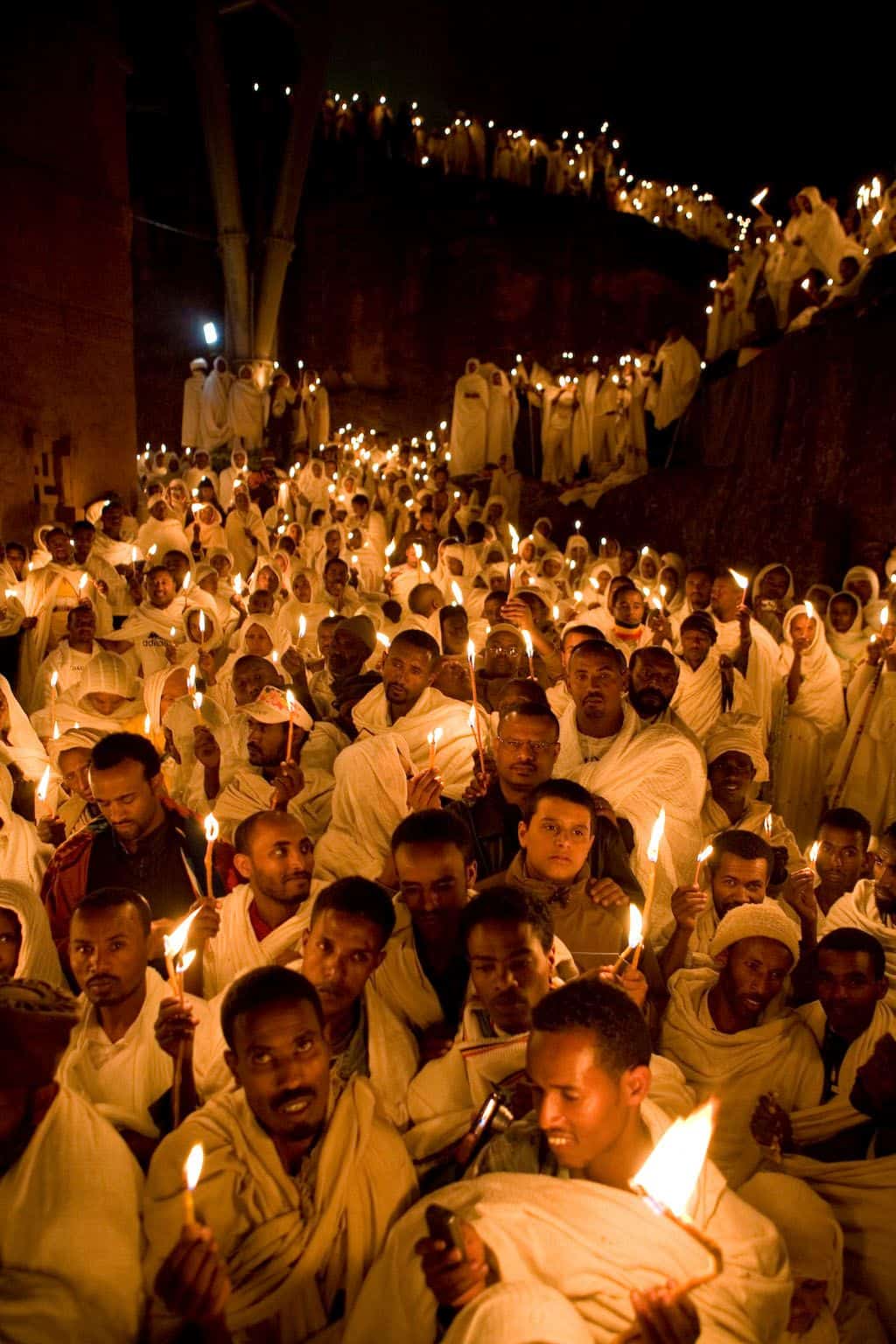
Growing up in Ethiopia (one of the ancient Christian nations), and until I came to the UK twenty-four years ago, Christmas used to be my favourite holiday for three reasons: Firstly, because it was the day the Son of God who became fully human nine months earlier, in the womb of the Virgin Mary, for us and for our sins (as the Creed affirms it), was born. His birth was unique and is ‘good news for all’, because He is none other than God Himself. Ethiopia, along with the worldwide Eastern Orthodox faithful, celebrate the birth of God on January the 7th. Secondly, I came to Christ forty-two years ago on Christmas Day. Thirdly, I was healed from the deadly epilepsy I suffered from since infancy on the same Christmas Day I became a follower of Jesus Christ. I was not expected to be alive beyond my teen years.
So, what changed for me to say Christmas ‘used to be’ my favourite day? First of all, the calendar has changed from Ethiopian to Gregorian. Accordingly, (Western) Christmas being on the 25th of December, my excuse for a triple celebration is gone. I was saved (from eternal damnation) and healed (from epilepsy) on Eastern Christmas (Gänna). Of course, I can still celebrate the fact God became one of us, through the person of His Son, purely because of His infinite love for humanity and the universe at large.
Speaking of celebration, the Eastern Christian tradition, by and large, unlike its Western counterpart, has maintained the spirit of Christmas. Christians in these countries pay more attention to God’s selfless Present for humanity rather than being preoccupied with the ‘selfish’ presents they exchange with one another. Ethiopia is no exception. Granted, families gather for fellowship and feast. But food and fraternity are not the primary focus. Worship is. Dressed in a traditional white garment, Christians of all denominations (Orthodox, Catholic or Protestant) celebrate Christmas by going to the church on Christmas Eve at 6:00 pm for a worship service that finishes at 3:00 a.m. at the earliest.
Whilst grieving (with my Western brothers and sisters in Christ) the commercialisation of Christmas, I do often ask myself what do I really miss at Christmas? Surrounded by, and faced with, a Christ-less festival, what I miss is neither a calendar, nor a culture, or a custom. It is a person. I miss Christ at Christmas!
Yoseph Mengistu, London Campus Leader

